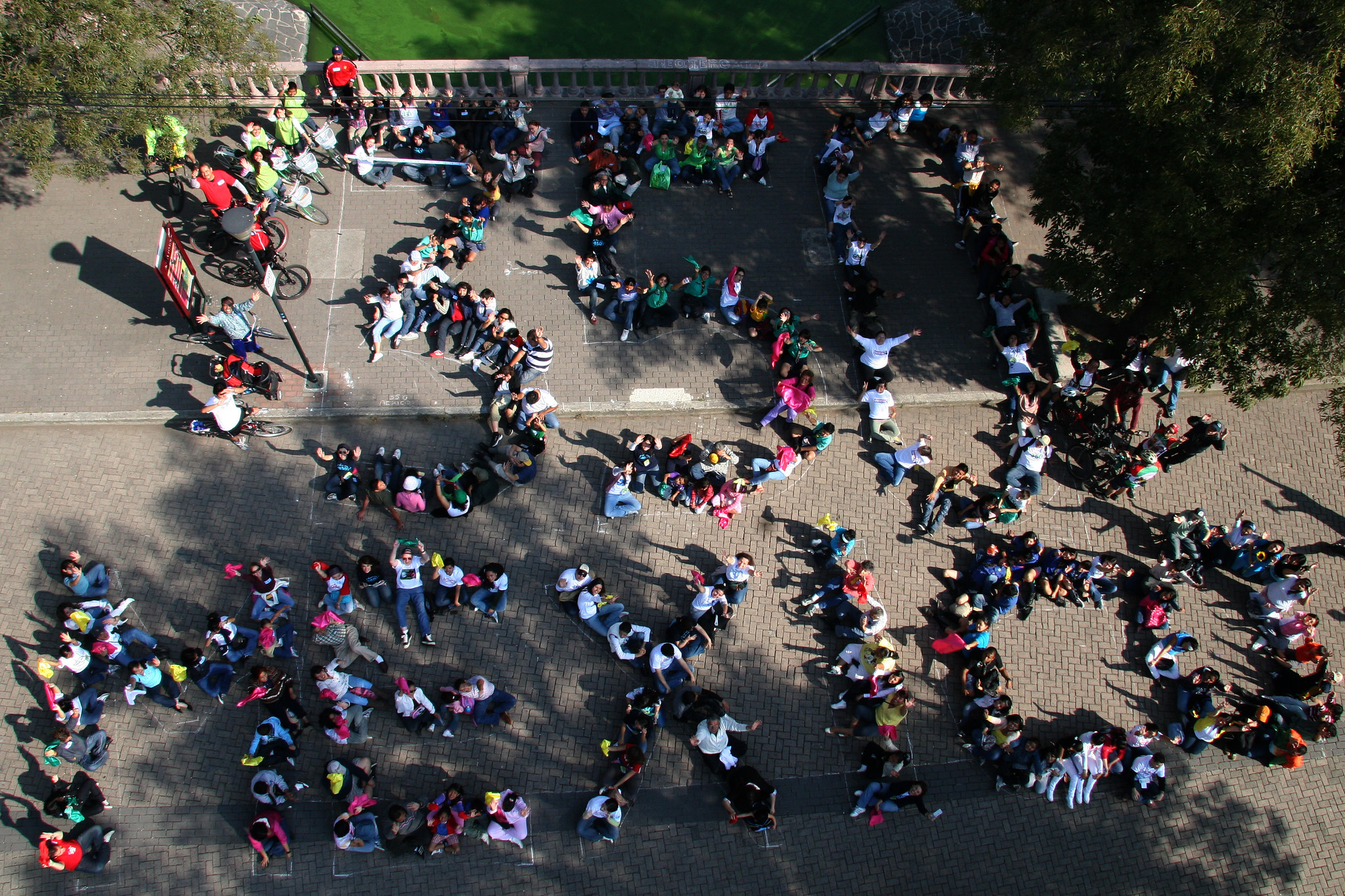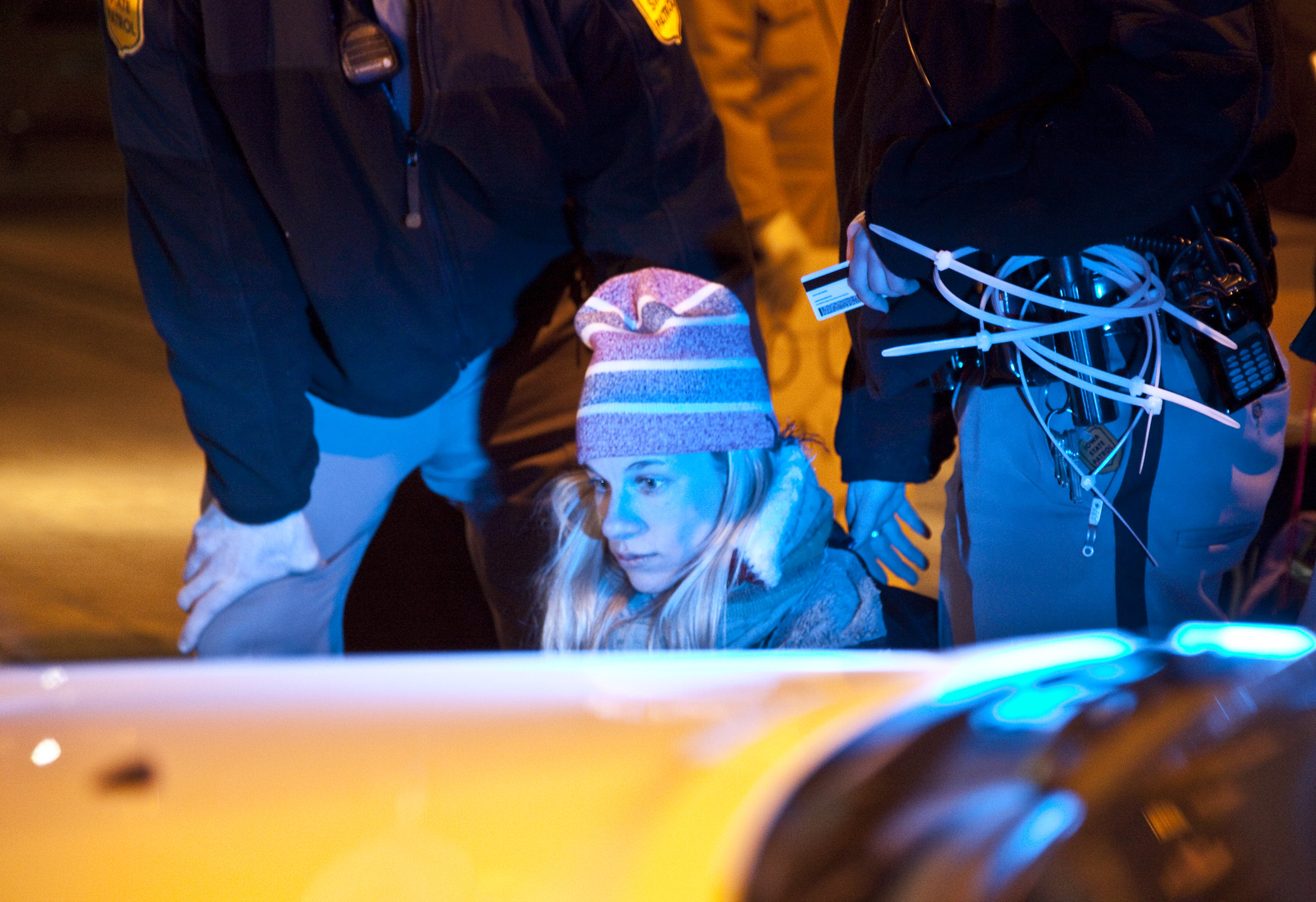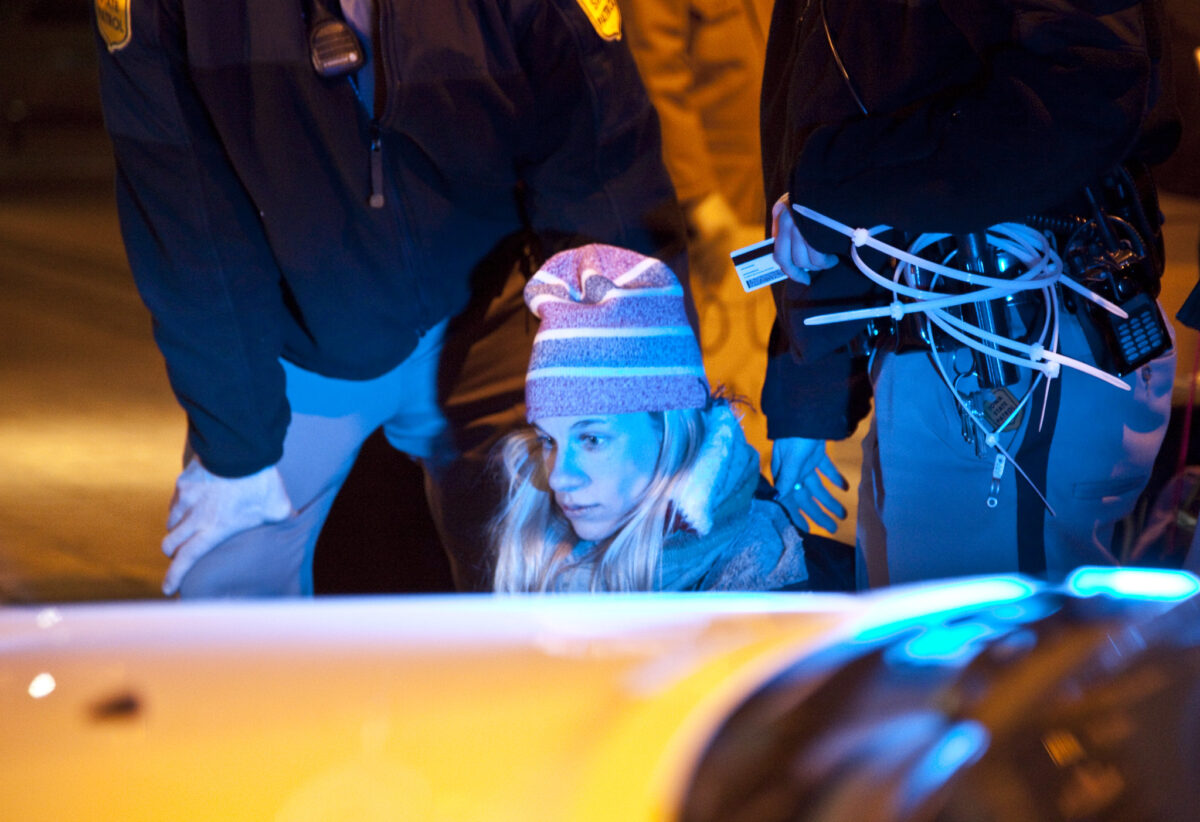It shouldn’t surprise anyone that we disagree on what words mean.
Not only do speech communities of the same language differ on what to call something but language changes over time such that an accepted definition/linguistic scope at one point morphs into something not quite the same down the road.
Take the English word ‘girl’. It now refers to a young female, somewhere in the neighbourhood of three to thirteen I’d wager (anything before is a ‘toddler’ while anything after is a (young) woman. In Shakespeare’s time, however, a ‘girl’ was used to designate any young person, male or female. The current use is what we linguists call semantic narrowing. The same goes for ‘hound’: it used to be applied to any dog (cf the modern German Hund) whereas now it tends to refer to hunting breeds.
Given this constant evolution of meaning, despite the efforts of ‘prescriptivists‘ to box language into a corner once and for all, it stands to reason that there will be debate on the parametres of any given term are. At some point, however, word A runs into the territory of word B and we have to learn to agree where that handover occurs.
As an example
Think of our colour terms (NB my MA thesis written sometime in the Pleistocene Age at Western University in my hometown of London, Ontario, looked at Brent Berlin and Paul Kay’s Basic Color Term theory – check it out (the theory, NOT my MA thesis!)). If you consider the classic colour spectrum, kinda like the one in the Borealis logo, you will see that at some point red ‘becomes’ orange. But what point exactly? I imagine that any two people would not see eye to eye on that boundary.

Which brings us to terrorism
I have already gone on far too many times about the lack of consensus on what the word means, when it applies and when it is seen as inappropriate. That set of debates is not about to end any time soon. And yet there are occasions on which the arguments used to say that an act of violence is not only NOT an act of terrorism but is somewhat contrarily an act of heroism are ludicrous!
Bear with me.
The CBC Website recently featured an opinion piece in which an eco-activist Mark Simmons stated that Jessica Reznicek, who pled guilty of conspiracy to damage an energy facility in the US, was nothing more than a “land and water defender, someone who takes non-violent action to protect the environment against exploitative or destructive practices”. He even put the word ‘crime‘ in parentheses to highlight the lack of any substance to the charge.
Jessica was sentenced to eight years for protecting all of us from climate and ecological breakdown. She acted from necessity and from love. She is a hero, not a terrorist.
NASA climate scientist Peter Kalmus
The US government begs to differ with Mr. Simmons. A prosecutor claimed that she had risked the lives of pipeline workers and firefighters and contended that since pipelines are subject to extensive regulation, attacks on them are “clearly designed to intimidate” the government, constituting terrorism under the Patriot Act.
What do we make of all this?
Well, as with most things it is complicated. Yes, climate change and global warming are real and must be addressed ASAP. Still, the sabotage of equipment used in a legal activity is a crime and if that act of sabotage is executed for a (religious, ideological or political) cause it is terrorism. For instance in Canada an act of terrorism is defined in the Canadian Criminal Code in part (section 83.01 b) ii) D/E) as one which causes substantial property damage, whether to public or private property…or causes serious interference with or serious disruption of an essential service, facility or system, whether public or private…
NB I don’t know what US law says but I’d wager it is similar. Ergo, what Ms. Reznicek did was clearly, under the law, an act of terrorism.
In case you think I am grasping at thin straws here, exaggerating the ‘terrorist’ threat from eco-warriors, how about this quote from Swedish ecologist Andreas Malm in a recent New Scientist interview:
It’s very difficult to make a well-founded, substantiated historical case for strategic pacifism. In the climate movement, we are facing an uphill battle. We are struggling against an extremely powerful enemy that has enormous material forces at its disposal, so why do we believe that the climate struggle could be victorious with less effort and less pressure than any of these previous struggles?
Andreas Malm
Or this one:
My point is that we are so late in the day, and the mitigation of the climate crisis has been postponed for so long, that there is no risk-free option left anywhere.
Andreas Malm
Or this:
I should stress that my book discusses property destruction as a possible avenue for escalation. But it doesn’t say that that’s what everyone has to do. It will inevitably, if it ever happens, be a radical flank that does it.
Andreas Malm
In fairness he does state that he is not personally advocating “taking up guns or engaging in any kind of violence against people”, so I guess there is that. But he does suggest, strongly, that pacifist opposition is not enough. The opposite of pacifist is violent, no? Why is Malm opening the door, in essence condoning, violence by the ‘radical flank’?
There are so many terrorist movements over time which have tried to convince us that THEIR use of violence was justified because it was “too late” or “nobody was listening” or some such claim. And yet we routinely call them terrorists. Why should the ecowarriors get a break?
And what if destroying equipment is not sufficient? What then? Target CEOs? Bulldozer drivers? Pipeline maintenance workers? What if a human finds her/himself in the ‘wrong place at the wrong time’? Do the perpetrators loudly protest it was an ‘accident’?
I am not a slippery slope kinda guy as I find that line of argumentation too easy. And yet it is inevitable that there will be injuries and deaths at the hands of those self-designated as the Earth’s protectors. That is their ‘cause‘.
If that is not terrorism, I have no idea what is.
Read More About Ecoterrorism

November 19, 2015: Ecoterrorist letter bombs in Mexico
On November 19, 2015 two people were injured by a letter bomb sent by ecoterrorists to a Mexican agricultural council in the capital city.

Our struggles to define ‘terrorism’ continue…
Those who advocate or not so subtly justify the use of violence by environmental activists are terrorists, pure and simple.
What about environmental terrorism?
In this episode, Phil discusses B.C. pipeline opponents facing U.S. terrorist charge over train track interference.

